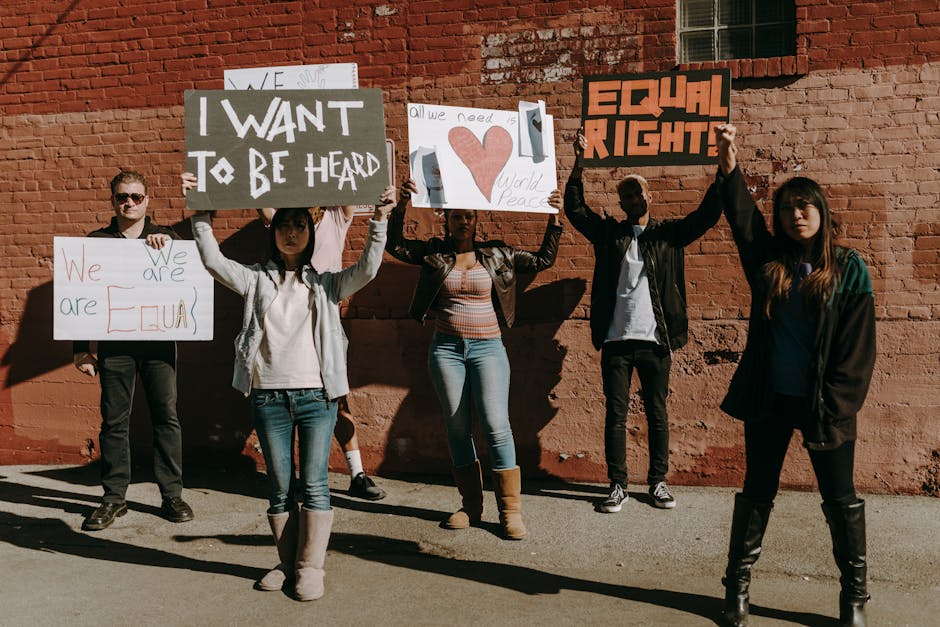Supreme Court to Review Sonam Wangchuk’s Detention on Oct 6
The Supreme Court of India is scheduled to hear a plea challenging the detention of Sonam Wangchuk, a renowned environmental activist and education reformist, on October 6. Wangchuk, a prominent figure in Ladakh, was detained in connection with recent violence in Leh. His legal team claims the detention is arbitrary and politically motivated, aimed at suppressing dissent in the region.
Background: Unrest in Leh and Wangchuk’s Role
Protests erupted in Leh earlier this month over alleged mismanagement of local governance and environmental concerns. The region has been demanding greater autonomy and protection of its land and resources since its bifurcation from Jammu and Kashmir in 2019. Wangchuk, a vocal advocate for these issues, was detained after addressing a peaceful protest, urging demonstrators to remain non-violent while asserting their rights.
Outrage Over Wangchuk’s Detention
Wangchuk’s arrest has sparked widespread condemnation from civil society groups, environmentalists, and the public. Known for founding the Students’ Educational and Cultural Movement of Ladakh (SECMOL) and promoting sustainable development, Wangchuk is widely respected for his contributions to the region. Many see his detention as an attempt to silence legitimate dissent.
Legal Arguments and Constitutional Violations
The plea filed in the Supreme Court argues that Wangchuk’s detention violates his fundamental rights under Articles 19 (freedom of speech and expression) and 21 (right to life and personal liberty) of the Indian Constitution. It also questions the lack of substantial evidence linking him to the Leh violence, calling his arrest baseless.
Broader Implications for Ladakh’s Autonomy
Wangchuk’s detention has highlighted ongoing governance and autonomy issues in Ladakh. Since its separation from Jammu and Kashmir, the region has been directly governed by the central government, leading to concerns over sidelined local voices in decision-making processes, particularly regarding land and environmental policies.
Legal Experts Weigh In
Senior advocate Prashant Bhushan emphasized the need for transparency, stating, “The detention of a respected figure like Sonam Wangchuk raises serious questions about the state’s approach to dissent. The Supreme Court must uphold the rule of law.”
Public Support and Protests
Supporters have organized peaceful protests and social media campaigns calling for Wangchuk’s release, with hashtags like #FreeSonamWangchuk and #JusticeForLadakh trending. The case has drawn significant attention to the balance between law enforcement and democratic rights.
What’s Next?
As the Supreme Court prepares to hear the plea on October 6, the outcome could have far-reaching implications for activists and citizens in Ladakh and beyond. The decision will be closely watched for its impact on justice and democratic principles.
Stay updated with NextMinuteNews for the latest developments in this case.




